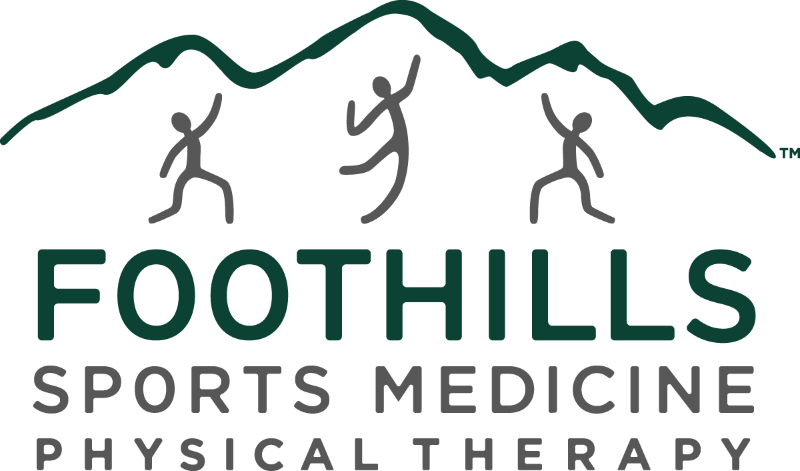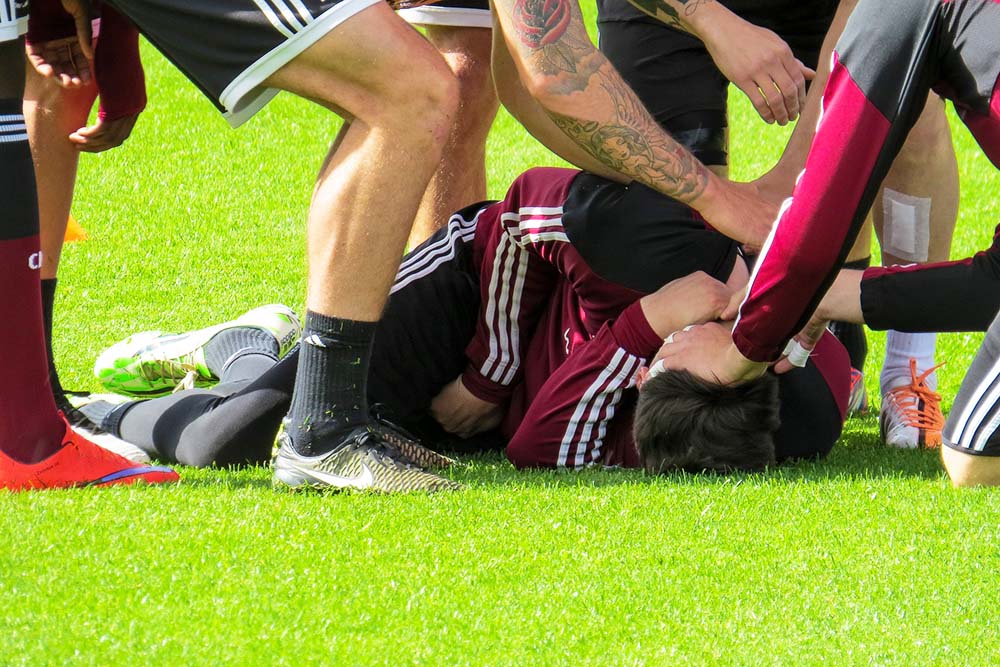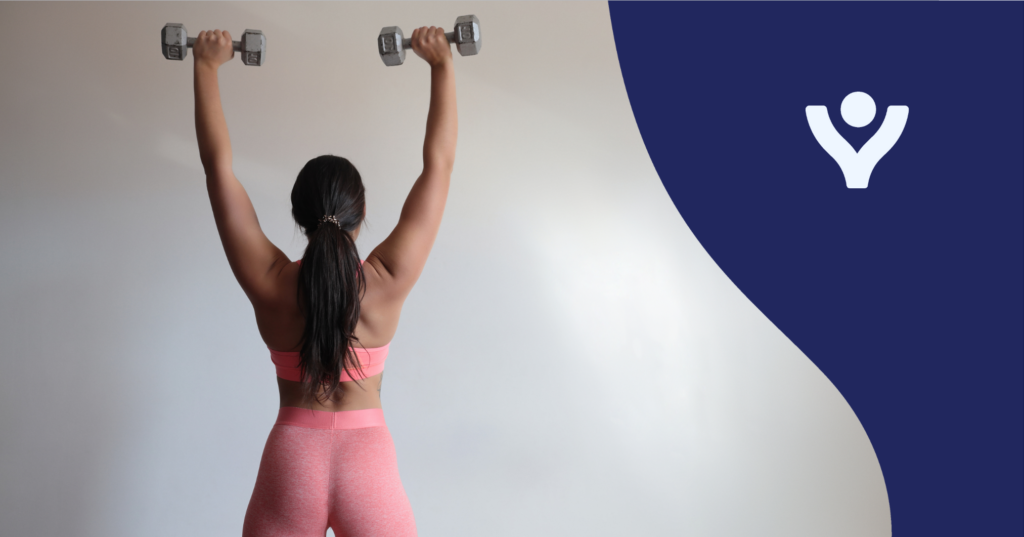by Andrea Ciochetti, PT, MPT, CSCS | North Central Phoenix location
It has only been in recent years that concussions have been taken more seriously, with increased awareness, education, and management. A concussion is a mild form of traumatic brain injury. Causes include a violent blow to the head or neck or sudden acceleration or deceleration of the head such as from a car accident or violent shaking. Participating in high-risk sports can increase your risk. Concussions are a leading public health problem as an estimated 1.6 to 3.8 million sports-related concussions are reported each year in the U.S. The effects of a concussion are usually short-lasting, with many recovering within 7-10 days. In some, however, symptoms can last for weeks – or even months.
Concussion Symptoms
Common symptoms of concussions include headaches, memory loss, confusion, dizziness, nausea, fatigue, and slurred speech. Other symptoms may be delayed for hours or days after the initial injury. These include concentration and memory complaints, irritability, sensitivity to light or noise, sleep disturbances, depression, and disorders of taste and smell.

Concussion Treatment
A concussion can manifest differently in each individual. For those who have lasting effects, different evaluations and management approaches may be required. Physical therapists are part of a multidisciplinary team that provides concussion management for those individuals who have ongoing symptoms. Treatment options include vestibular treatment (to help reduce dizziness) and an appropriate and monitored progression of strength and endurance activity.
Steps for Concussion Recovery
Although most people recover after a concussion, how quickly they improve can depend on factors such as age, the severity of the concussion, general health (a history of headaches or depression can contribute to longer recovery), and how they take care of themselves after the injury. Current injury rehab guidelines recommend a period of cognitive and physical rest in the immediate post-injury phase as symptoms can often worsen with increased exertion at this time. Rest is important early on as it allows your brain to heal. Ignoring your symptoms and toughing them out will often make symptoms worse. In general, it is when symptoms reduce significantly, and after consultation with your health professional, that the concussed individual can slowly return to daily activities, such as work, school, and, gradually, sport.
- Get plenty of sleep and rest.
- Avoid activities that are physically demanding (i.e.: heavy household cleaning, working out) or require a lot of concentration.
- Avoid sustained computer use/video games early in the recovery process.
- Ask your health care provider about when you can safely ride a bike or return to driving, as your reaction time may be slowed.
- Take only medication that your physician has approved.
- Avoid the use of alcoholic beverages.
Keys to Concussion Prevention
- Wear protective gear during sports and recreational activities.
- Make sure equipment is worn correctly, fits properly, and is well maintained.
- Buckle your seat belt.
- Protect your children by reducing the risk of falls and blocking off stairways.
- Keep coaches, athletes, and parents informed if you or your child experiences a concussion.

Nowadays, concussions are being taken much more seriously. While it is true that people who have repeated concussions may have serious, long-term problems including difficulty with concentration, memory, headache, and, occasionally, physical skills, a concussion is a very recoverable injury. Awareness and proper concussion injury rehab and management are vital to a successful and optimal outcome. If you’ve experienced a concussion, make an appointment with us at Foothills Sports Medicine to have a physical therapist help you get back to your sport.




